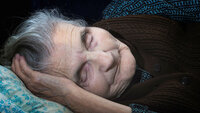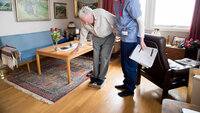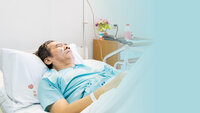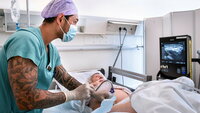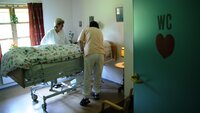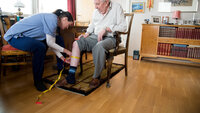Dying patients in nursing homes: nurses provide “more of everything” and are “left to deal with everything on their own”
Nurses report that the end-of-life nursing care provided in nursing homes calls on staff to provide “more of everything”, and that nurses feel they are “left to deal with everything on their own”. This situation must be taken seriously, organisationally and policywise.
